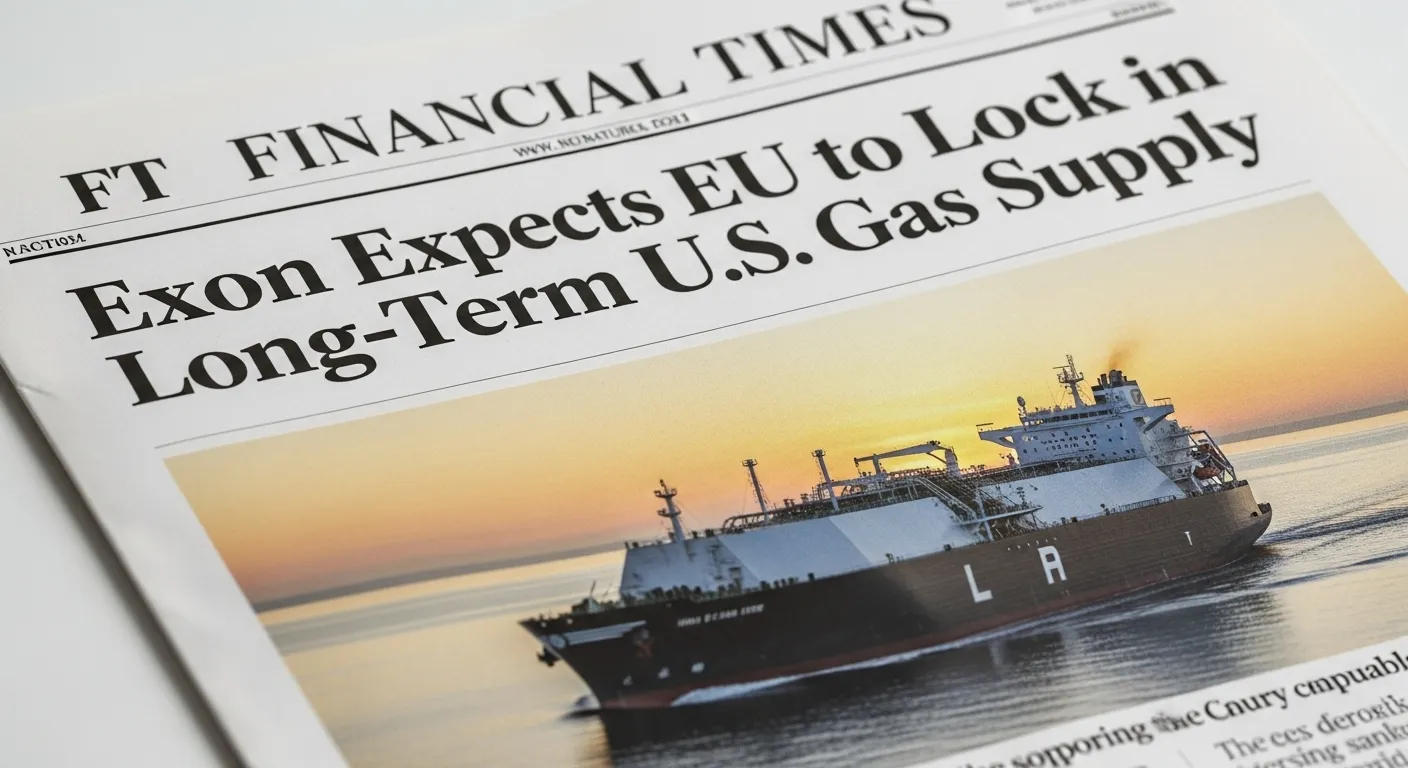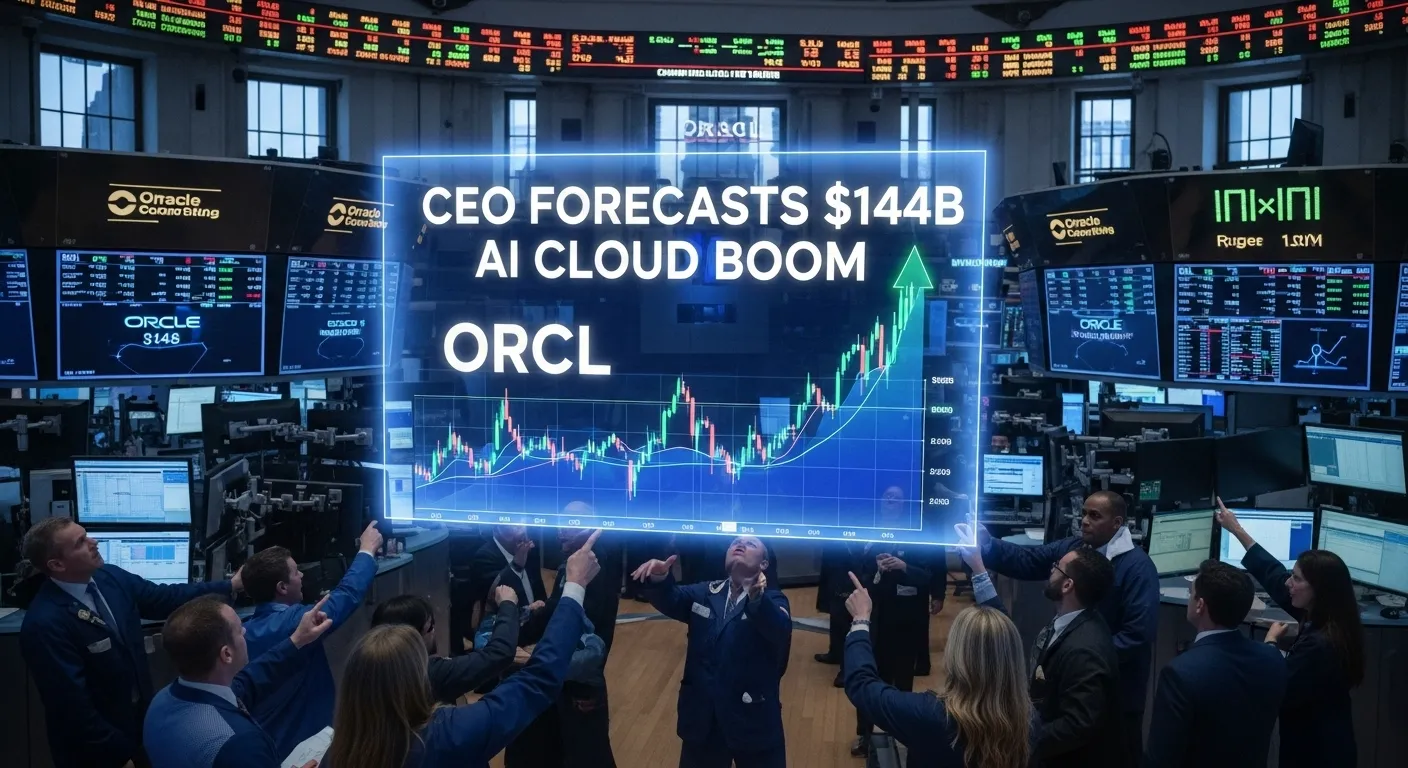Related Articles
Ask anything about stocks
HDFC Bank Share to Go Ex-Bonus Today-Price Impact Explained
Table of Contents
HDFC Bank, one of India’s largest private banks, is making headlines today as its shares go ex-bonus. Shareholders holding the stock before today will get extra shares at no cost. Companies give bonus shares to reward investors instead of paying cash. Over the years, HDFC Bank has used this method to keep shareholders happy and encourage long-term holding.
Many investors are curious about what happens to the stock price when it goes ex-bonus. Will it rise, fall, or stay the same? Understanding this can help them make smarter decisions before buying or selling shares. The ex-bonus date is key because it determines who is eligible for the free shares. The share price typically changes to account for the bonus shares issued on this day.
Let’s break down what an ex-bonus date means, why prices change, and how it affects our investment. We will also look at past trends of HDFC Bank shares after bonus announcements.
About Bonus Shares
Bonus shares are extra shares a company provides free to its current shareholders. They are usually issued in a set ratio, like 1:1, giving one extra share per existing share. Companies do this to reward investors, make shares easier to trade, and lower the price to attract more buyers.
Unlike dividends, which give cash immediately, bonus shares let investors get more shares without paying extra. Profitable companies often give extra shares to their shareholders as a reward instead of cash.
HDFC Bank issuing bonus shares reflects its strong finances and commitment to shareholders. This first bonus issue is a key milestone, highlighting confidence in the bank’s future growth.
What “Ex-Bonus” Date Means?
The “ex-bonus” date is the day a stock starts trading without the entitlement to upcoming bonus shares. Shareholders must own the stock before this date to receive the bonus.
For HDFC Bank, the ex-bonus date is August 26, 2025. Investors holding shares at the end of trading on August 25 qualify for the 1:1 bonus issue. Knowing the ex-bonus date is important for anyone buying or selling shares around this period, as it determines who gets the bonus and affects potential returns.
Price Adjustment on Ex-Bonus Date
When a company issues bonus shares, the total number of shares in circulation increases, which typically leads to a proportional decrease in the share price. This adjustment ensures that the overall value of an investor’s holdings remains unchanged.
For instance, if an investor held 100 shares of HDFC Bank at ₹1,964 each, the total investment would be ₹196,400. In a 1:1 bonus issue, the investor’s shares double, adding 100 new shares to make a total of 200. To maintain the same total investment value, the share price would adjust to approximately ₹982 per share.
This price adjustment reflects the increased number of shares and does not signify a loss in value. It’s a standard practice in the market to account for the additional shares issued during a bonus issue.
Historical Impact of Bonus Issues on HDFC Bank Shares
HDFC Bank’s decision to issue bonus shares is a significant event, marking its first-ever bonus issue. Historically, bonus issues in the banking sector have been well-received, often leading to increased investor interest and improved liquidity.
Though past data on HDFC Bank’s bonus issues is limited, industry trends show bonus shares often boost stock performance. Investors see them as a sign of strong finances and shareholder care.
However, it’s important to note that the immediate effect on share price can vary. While the overall value of an investor’s holdings remains the same post-adjustment, market reactions can differ based on broader economic conditions and investor sentiment.
Investor Considerations Before Buying
Before purchasing HDFC Bank shares, investors should consider several factors:
- Investors must own HDFC Bank shares before the ex-bonus date to get the bonus. Buying shares on or after that date does not qualify, and the stock price adjusts afterward for the extra shares.
- Investors should be prepared for this adjustment and understand that it doesn’t indicate a loss in value.
- Broader market conditions can influence the stock’s performance. It’s essential to consider factors like interest rates, economic indicators, and sector-specific trends.
- Assessing the bank’s long-term growth prospects, financial health, and strategic initiatives can provide insights into the potential for future returns.
Investors can make smart choices by looking at these factors and thinking about their goals and risk.
Analysts’ Views and Market Sentiment
Analysts generally view HDFC Bank’s bonus issue positively, interpreting it as a sign of the bank’s strong financial position and commitment to enhancing shareholder value. The 1:1 bonus issue is expected to increase liquidity and attract more retail investors.
Investors have mixed feelings about the bonus issue. Some are hopeful about gains, while others are cautious due to market ups and downs and the overall economy.
Investors should consult with financial advisors and consider their individual investment strategies before making decisions based on the bonus issue.
Bottom Line
HDFC Bank issuing bonus shares is a major event, showing strong finances and care for shareholders. Knowing about ex-bonus dates and price changes is important.
Even if the stock price changes at first, the total value of holdings stays the same. Being informed helps investors handle the bonus issue and make smart choices.
Frequently Asked Questions (FAQs)
What happens to the stock price after a bonus share issue?
After a bonus share issue, the stock price typically adjusts downward to reflect the increased number of shares, maintaining the overall value of an investor’s holdings.
How will HDFC bonus shares be credited?
HDFC Bank’s bonus shares are expected to be credited to eligible shareholders’ demat accounts by August 29, 2025.
What is the share price prediction of HDFC Bank?
Analysts expect HDFC Bank’s share price to reach around ₹2,283.50 throughout 2025, with estimates ranging from ₹2,041 to ₹2,770.
Disclaimer:
This is for informational purposes only and does not constitute financial advice. Always do your research.



